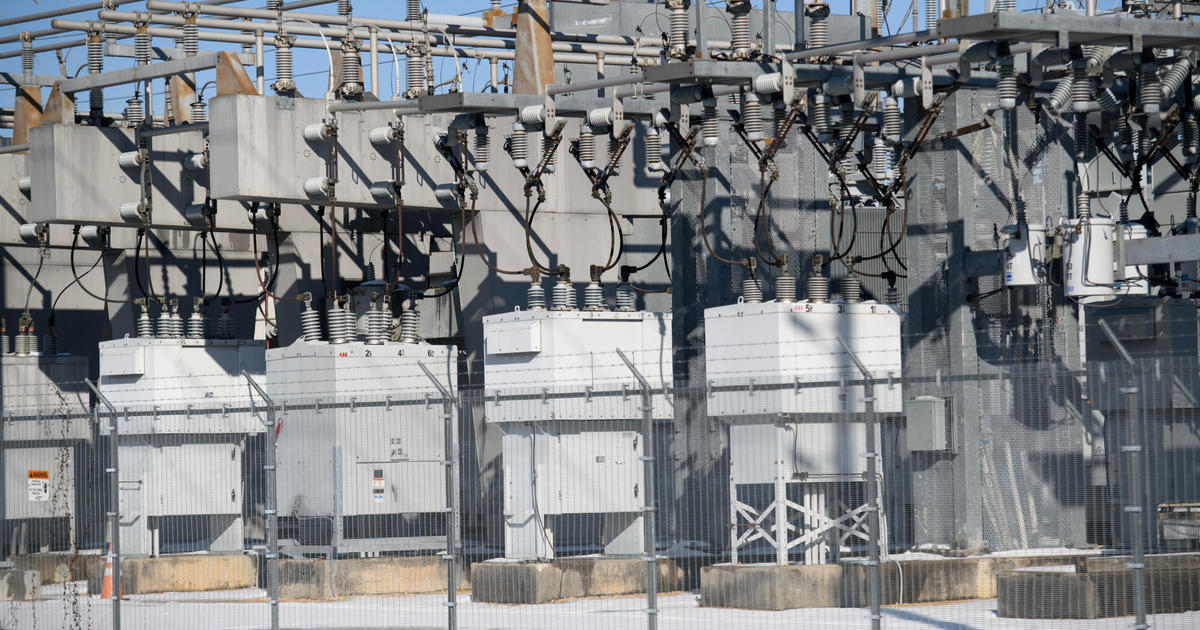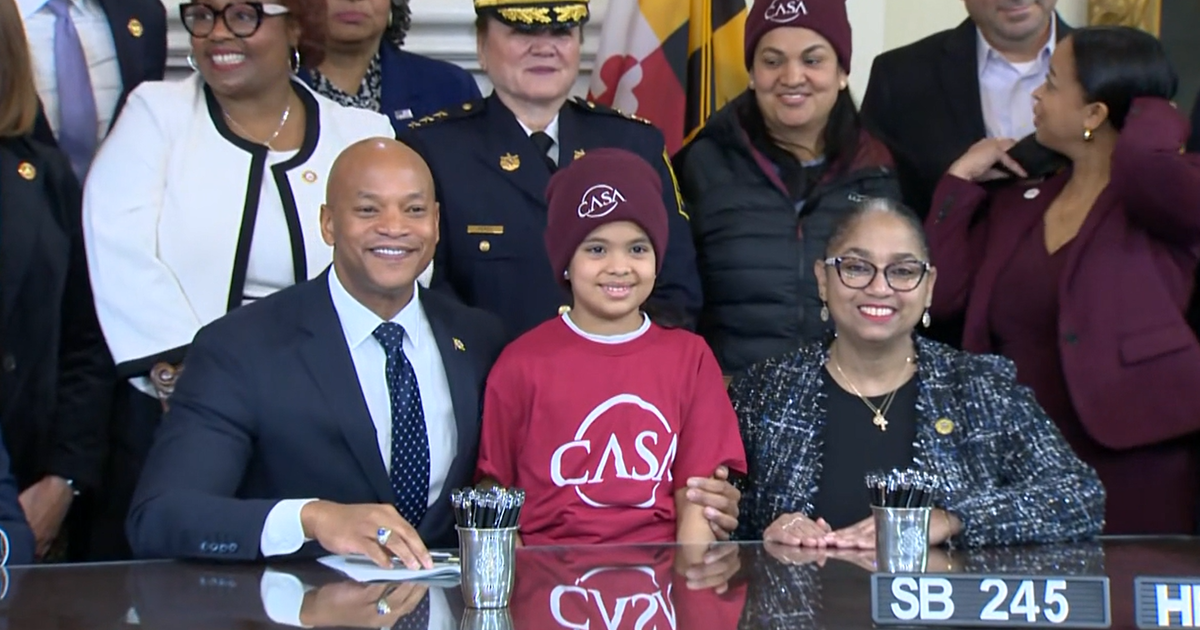CDC directs halt on renter evictions to prevent COVID-19 spread
The Trump administration has issued a directive halting the eviction of some renters though the end of 2020 to prevent the spread of the coronavirus. The directive comes as eviction moratoriums are now expiring across the nation.
An eviction moratorium in Pennsylvania ended on September 1, while other state moratoriums are slated to end within weeks. A recent report from one think tank, the Aspen Institute, stated that more than 20 million renters live in households that have suffered coronavirus-related job loss and concluded that millions more are at risk of eviction in the next several months.
The administration's action stems from an executive order that President Donald Trump issued in early August. It instructed federal health officials to consider measures to temporarily halt evictions. The Centers for Disease Control and Prevention followed up Tuesday by declaring that any landlord shall not evict any "covered person" from any residential property for failure to pay rent.
While advocates said the order was helpful, they urged further action, with the Center on Budget and Policy Priorities calling the administration's action a "band aid."
"Under this moratorium people will continue to accrue rent that will now be due in December," said Peggy Bailey, vice president of housing policy at the CBPP, in a statement. "Without significant rental assistance, it is unrealistic to think that low-income households will be able to pay the back rent, putting them at risk of eviction at Christmastime."
Senior administration officials explained that the director of the CDC has broad authority to take actions deemed reasonably necessary to prevent the spread of a communicable disease.
Income limits
Renters covered through the executive order must meet four criteria. They must:
— Have an income of $198,000 or less for couples filing jointly, or up to $99,000 for single filers.
— Demonstrate they have sought government assistance to make their rental payments.
— Affirmatively declare they are unable to pay rent because of COVID-19 hardships.
— Affirm they are likely to become homeless if they are evicted.
Officials said local courts would still resolve disputes between renters and landowners about whether the moratorium applies in a particular case.
"A half-measure"
Brian Morgenstern, a deputy White House press secretary, said Tuesday's announcement means that people struggling to pay rent due to COVID-19 would not have to worry about being evicted and risking the spread of the disease or exposure to it.
Mr. Trump's Democratic rival, Joe Biden, called on August 1 for Congress to enact a "broad emergency housing support program" to prevent evictions and shore up landlords. Congress enacted an unprecedented $2.3 trillion pandemic rescue package in March that paused evictions in most federal subsidized housing, but that moratorium has expired and Congress and the White House have been in a months-long stalemate over new relief legislation.
Diane Yentel, president and CEO of the National Low Income Housing Coalition, said the order will provide relief for millions of anxious families, but added that the action delays rather than prevents evictions.
"While an eviction moratorium is essential, it is a half-measure that extends a financial cliff for renters to fall off when the moratorium expires and back rent is owed," Yentel tweeted.



